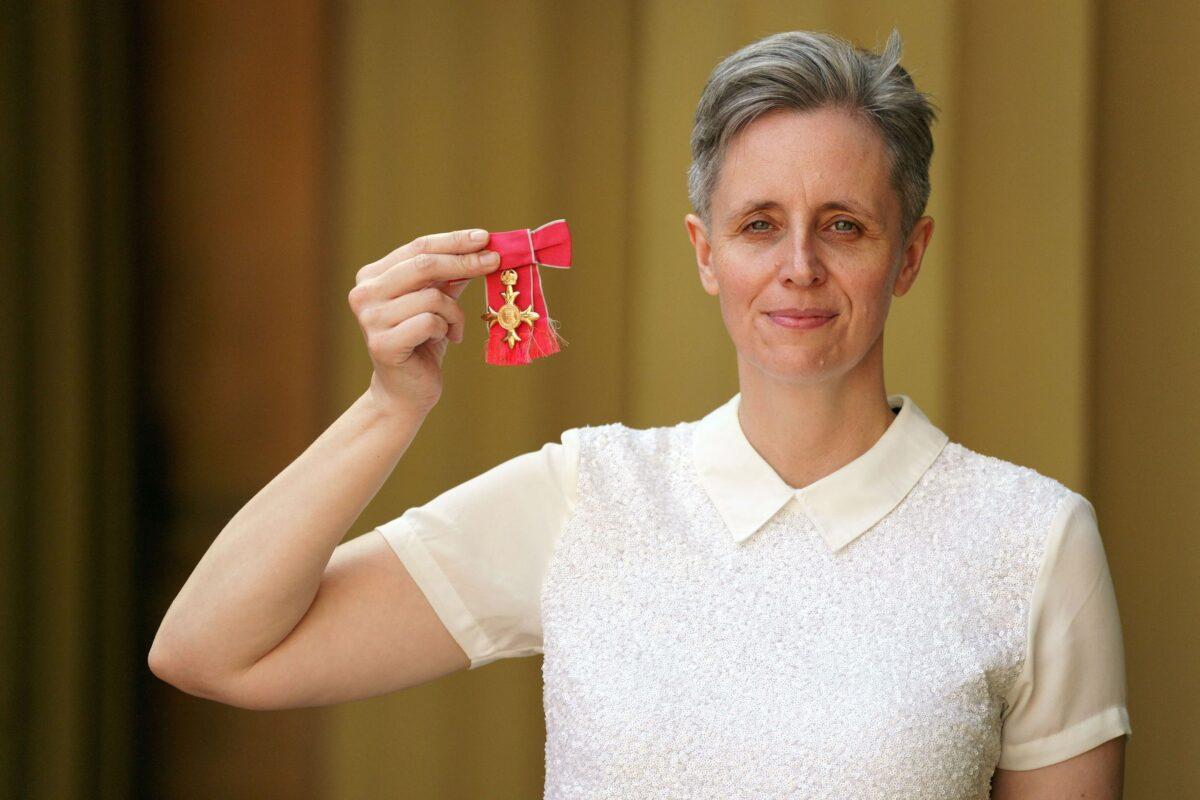The universities watchdog said students should be prepared to hear a range of views when they come to university, including ones they find shocking or uncomfortable.
The remarks were included in guidance published by the Office for Students (OfS) on Thursday. It outlines the duty of institutions under the Higher Education (Freedom of Speech) Act 2023 to take steps to protect free speech on campus. The regulations will come into force on Aug. 1.
In the advice, universities are told they should have a “high tolerance” for all kinds of lawful speech, with a “very strong presumption in favour of permitting lawful speech.”
Arif Ahmed, director for freedom of speech and academic freedom at the OfS, said that free speech and academic freedom are fundamental to the core mission of higher education (HE), which is the pursuit of knowledge.
He said: “Students need to know that they can freely share lawful views and opinions, and be prepared to hear a range of views as part of their studies.
Protests Must Not Shut Down Debate
Some of the statutory guidance states that students or staff should not be punished for expressing opinions, including ones critical of the institution.HE providers should also not be encouraging students or staff to report others over expressing a particular point of view.
Protests should not be restricted “because they express or support a particular legally expressible viewpoint,” the OfS said, but it may be necessary to restrict where, when, and how protests are held.
It adds that “peaceful protest” is a legitimate form of free expression, but “protest must not shut down debate.”
1 in 5 Don’t Feel Free to Discuss Controversial Topics
The guidance was published alongside a survey conducted on behalf of the OfS by pollster YouGov on perceptions of freedom of speech among teaching and research staff in England’s HE sector.It found that one in five academics—on both the right and left of the political spectrum—said they did not feel free to teach controversial topics in lectures.
This reluctance rose to one in three being afraid to discuss controversial topics in a general context, including in external speaking events.

Discussions on sex and gender was the leading topic that academics felt restricted discussing, either in their research (62 percent) or teaching (63 percent).
Worryingly, one-quarter (24 percent) of those who do not feel free in their teaching say they fear physical attack.
Ahmed called the results of the poll “deeply disturbing.”
Government Commitment to Free Speech
The poll of 1,234 respondents was conducted between March 15 and April 19, 2024. The OfS said that its publication was paused after the then-new Labour government announced its intention to review implementation of the Higher Education (Freedom of Speech) Act.The law was created by the previous Conservative government to introduce new duties on HE institutions and their student unions to strengthen academic freedom and free speech.
In January 2025, however, the government said the act would be implemented and that it “reaffirms commitment to Free Speech in universities.”
Kathleen Stock
The guidance follows high-profile instances in recent years of students and academics facing opposition for expressing views which are critical of transgender ideology.







